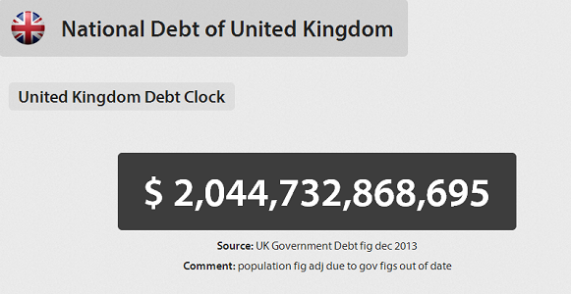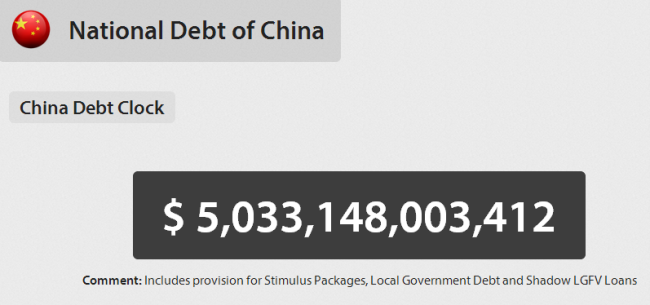Little-Acorn
Gold Member
No, you owe it to John, Jim, and Jane.A nice blog post regarding the "world debt." The question is, who the fuck do we owe the debt to? Aliens?
And they owe it to Peter, Paul, and Patricia.
And etc.
What would happen if we all just say, "We just owe that money to ourselves anyway. Let's just renounce that debt, it's not there any more, we'll all start from zero as of today." ?
First thing that would happen is, when you went to the ATM to get some cash for groceries, it would tell you you don't have any money in your account. Never mind that you had hundreds in there yesterday. That money was invested by the bank in various bonds, businesses, etc. All of which was debt. When everybody said all debts were now gone, that one vanished too.
Then shortly after that, your next paycheck would bounce. The money your company had in a bank account to pay you, was also invested by the bank. Some with businesses etc., some was lent out as mortgage loans to people to buy houses. All of it was debt. And all of it is now bye-bye. Because you decided that everyone could renounce all debt.
And when you went in desperation to a friend to ask him to loan you a few bucks to get by with tonight, you'll find the same. He's out of money too. So you're SOL.
But wait - you have that stash of twenty-dollar bills you pulled out of an ATM a few months ago. You quickly check, and it's still there under your mattress. Ahh, you breathe a sigh of relief. You go down to the local Safeway to get food for tonight's dinner. You bring it up to the register and pull out your 20s, nice crisp and green. And the checker says, "Sorry, we don't take those any more. We don't know how long people will be accepting them any longer, since they're really just paper and not much good for anything. We only take gold and silver, because we know people will always value those."
I suggest you not act like an idiot and question the existence of debt. You might get more (or in this case a lot less) than you bargained for.




